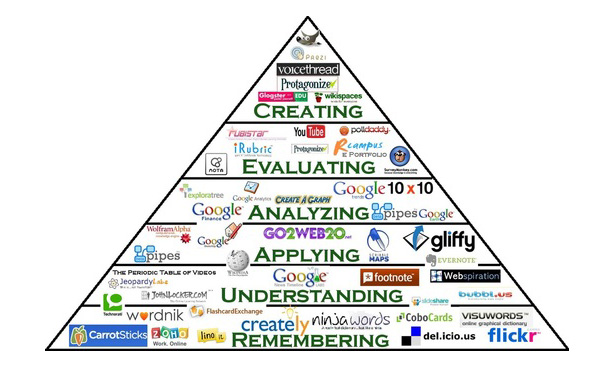Boyd’s Position
Today we are faced with less concern regarding just providing access to the internet, and more concern with different degrees in skills, critical understanding, and use of technology. Understanding not only how to log on, but how to interpret, evaluate, and participate in different modes and systems of information is important to navigate our digital daily life. In Chapter 7 of It's Complicated, Boyd notes that the popular usage of the term “digital natives” to describe teens as a homogenous group is political, problematic, and fraught with complications. Boyd also points out how identifying today’s children/teens as “digital natives” is a disadvantage to those who have less Internet access and inevitably may develop more limited technical or media literacy skills. By identifying teens as “digital natives,” and by hiding individual differences, we do not thoroughly address issues of access, critical thinking, and media literacy skills that would allow everyone to benefit from what the Internet and other technologies can offer. "Rather than assuming that youth have innate technical skills, parents, educators, and policymakers must collectively work to support those who come from different backgrounds and have different experiences." (pg. 180)

Prensky's Position
In the article "Digital Natives, Digital Immigrants" by Marc Prensky it begins with the claim of, "Our students have changed radically. Today's students are no longer the people our educational system was designed to teach." Prensky says that the students in our classrooms today are much different learners than the teachers who are in front of the classroom teaching in terms of how they learn and how they process and retain information. The digital immigrants are those people who were not born in a time when technology was not readily available to use at all times and have had to learn over time how to use it. As compared to now, when the use of technology is readily available to the children born, the natives. The natives have been exposed to the use of technology from early on in life and need this to grow and succeed in today’s classrooms and ever growing digital society. Prensky also points out that there needs to be a switch in the way in which educators teach because students are losing out due to the “old fashioned” methods of teaching which are still being used today. For example, many teachers primarily use the text as their mode of instruction and the natives get “bored” and are not learning the lessons to their full extent. In class today we discussed this issue and how our students brains are different and we need to change/adjust our curriculum and teaching styles to meet the needs of our digital native students so they can be engaged, motivated and invested in their learning. Prensky states that digital immigrant teachers are able to reach digital native students with some work and effort. He makes several tries to show how the typical classroom lesson that would be taught by a digital immigrant could be taught to be more appealing to a digital native.

Digital Immigrants are adapting to the digital technology introduced during their lifetime. Ironically, some Digital Immigrants created the digital technology used by Digital Natives.
"Our students have changed radically. Today's students are no longer the people our educational system was designed to teach." This quote was real to me. It is so true. Our education system is playing catch up right now to keep up with the new brains of the students in school today. I don't think our school system is doing enough.
ReplyDelete